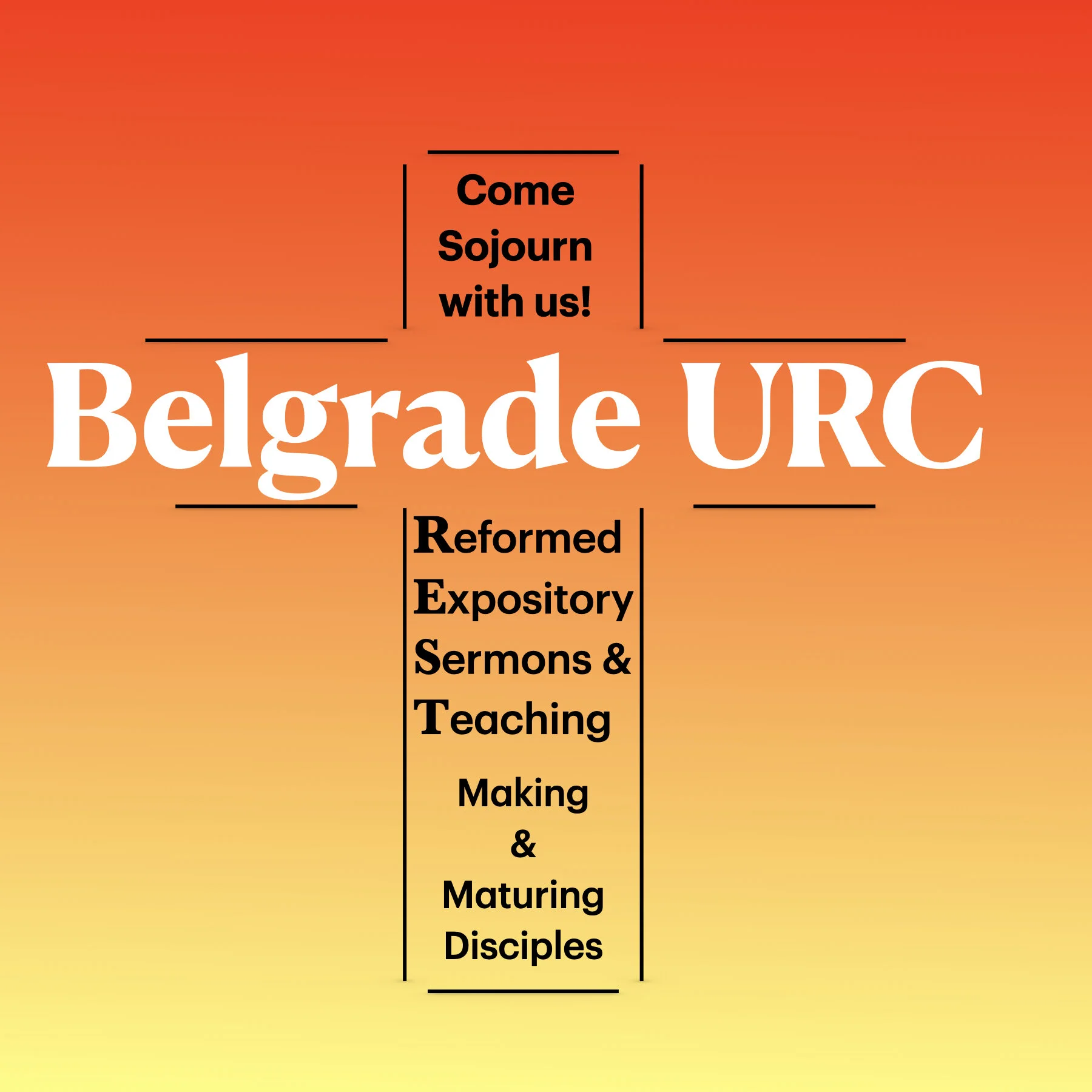Worship 10 am & 6 pm
Belgrade United Reformed Church
17333 Frontage Road
Belgrade, MT 59714

More Gracious Than We Can Imagine (Romans 9:6-13; COD Head 1 Articles 7, 15)
The Canons of Dort present election as a deeply loving act of God. Election is rooted in His mercy, not our merit, ensuring that His people will enter His rest despite our sin and rebellion. Romans 9 reminds us that salvation is grounded in God’s sovereign will, not human effort. This doctrine offers profound comfort: the elect care about Christ because the Spirit is at work in them, and God’s mercy guarantees their salvation.

Does Baptism Have the Power to Save? (Romans 6:1-14)
Romans 6 is challenging to understand. It is in the context of contrasting Adam’s failure with Christ’s success, emphasizing our identity in one of their historic precedents. Baptism symbolizes Christ’s triumph over death and hell, signifying our new life in Christ and our community’s identity as God’s covenant people. As new creatures in Christ, we live out this reality, battling sin while empowered by God’s grace.


















